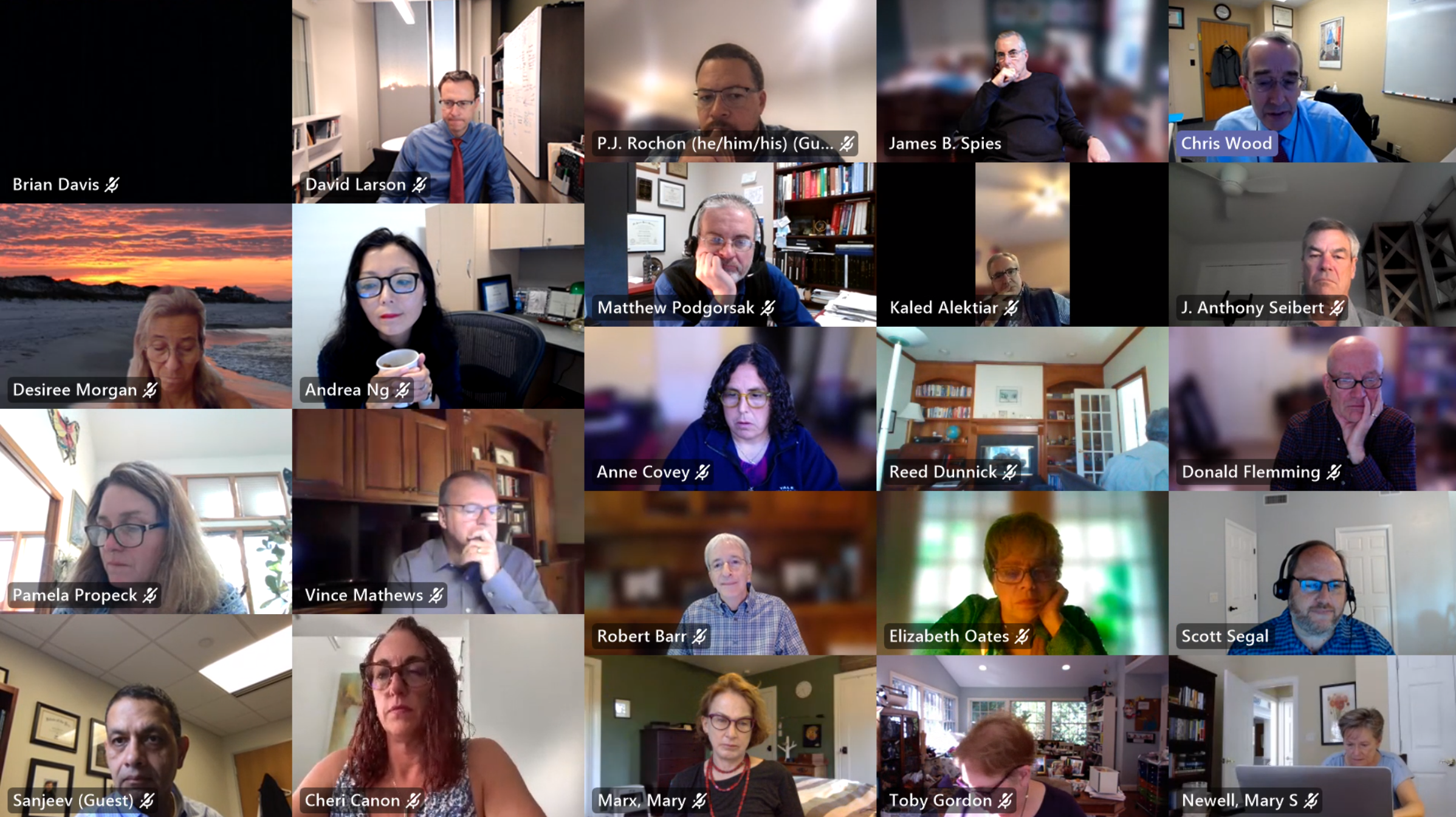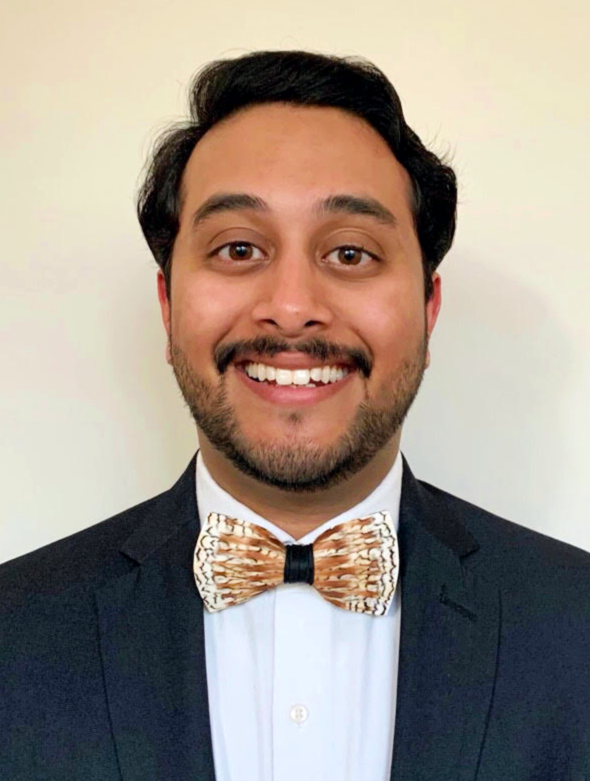October 2021 | Volume 14, Issue 5

The Joint Session of the ABR Board of Governors (BOG) and Board of Trustees (BOT) at the 2021 fall annual meeting – again held remotely due to the rebound of COVID and the highly contagious delta variant. A summary of decisions and directives by the BOG and BOT will be detailed in our December issue.

We’re Falling Into the Season with a Lot of News
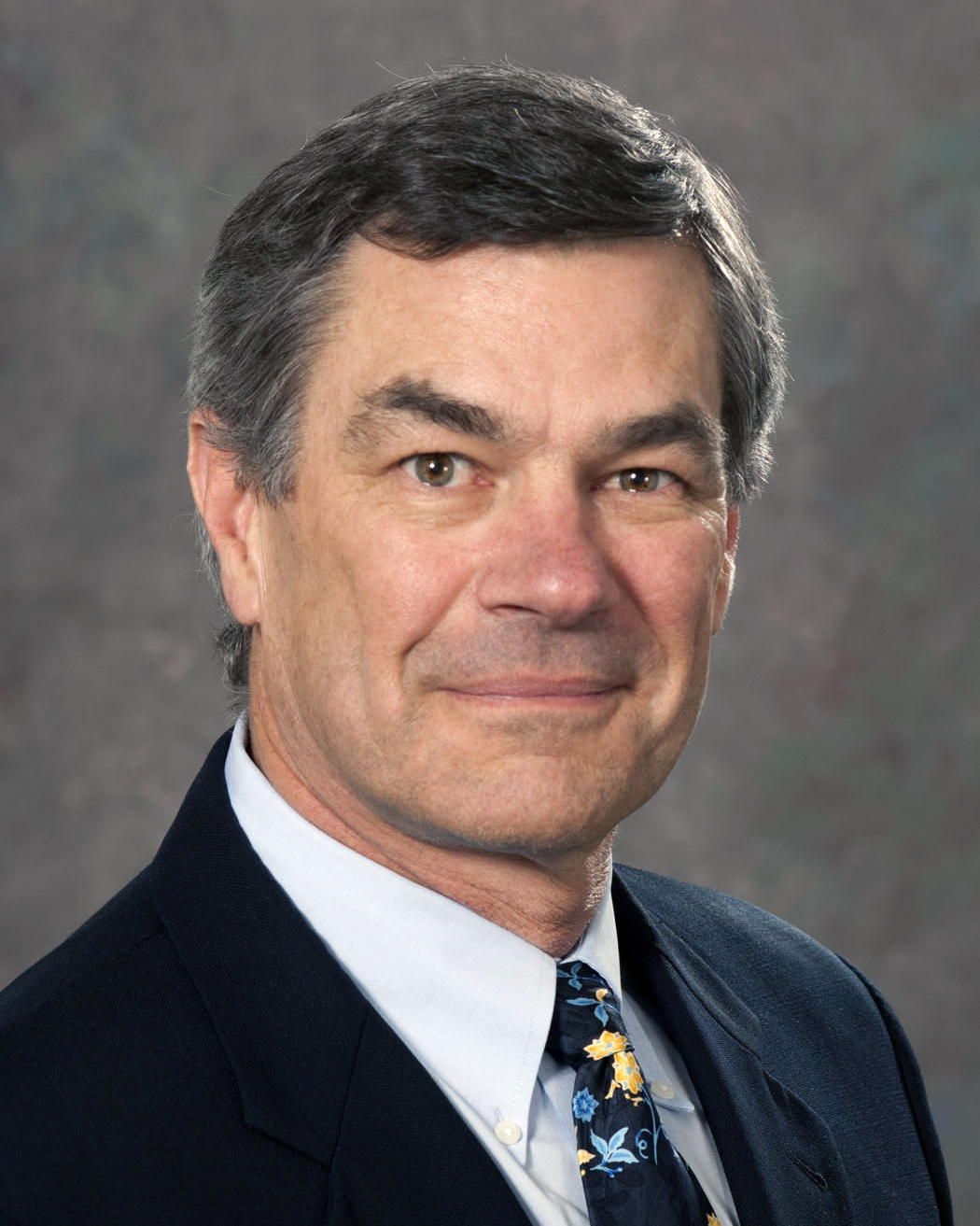
By J. Anthony Seibert, PhD, ABR Governor
2021;14(5):1
In this edition of The Beam, President Vince Mathews discusses the vigilance of the Board of Governors and administrative executive staff in keeping fees to candidates and diplomates as low as possible and identifies examples of reductions implemented over the past four years, in addition to others beginning in 2022. Executive Director Brent Wagner addresses the use of surveys after each exam administration and explains why feedback from candidates is so important in making the examinee experience better.
From the Board of Trustees, Volunteerism Committee Chair Elizabeth Oates and Associate Executive Director for Radiation Oncology Paul Wallner recognize the critical role of volunteers in support of the ABR mission, discuss the development of cross-discipline policies and procedures, and announce the availability of the new Volunteer Handbook to facilitate communication with current and future ABR volunteers.
In the discipline sections, Associate Executive Director for Diagnostic Radiology Reed Dunnick discusses the value of ABR certification as an important measure of the quality of a healthcare professional. The medical physics and radiation oncology trustees present their views of the oral exam experience from the initial pilots to the most recent exams in August (MP) and September (RO), the improvements made along the way, and new processes planned for certification exams in 2022.
Click HERE to read more.

ABR Executive Leadership Reduces Fees While Maintaining Needed Infrastructure
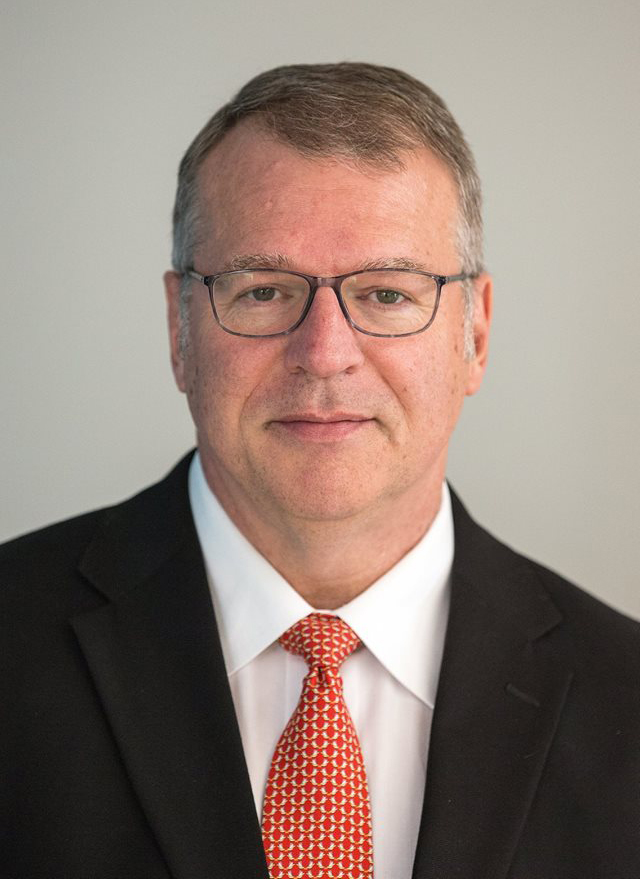 By Vincent P. Mathews, MD, ABR President
By Vincent P. Mathews, MD, ABR President
2021;14(5):2
The Board of Governors and the administrative executive staff work together to act as responsible stewards of the ABR’s resources. This stewardship oversees compliance with regulations concerning our status as a 501(c)6, including the performance of an external audit. The Board realizes that expenses must be maintained at levels that are needed to fulfill the mission but is vigilant in trying to keep costs and fees as low as reasonably possible.
Compared with text-based questions, there is extra work in processing and displaying image-based content, inherent in many of the items not only for the initial certification exams but also for Online Longitudinal Assessment (OLA). For diagnostic radiology, we offer levels of customization that allow radiologists to match their practice pattern to the specific material that is part of their assessment. These features require significant resources for information technology and personnel who assist in exam development and imaging optimization. Recent implementation of remote exams has increased expenses; although it is expected that the new models will ultimately be less expensive to administer and maintain, initial development costs have been substantial. Costs related to cybersecurity have increased, as have the expenses needed to maintain a knowledgeable and effective work force in a very competitive employment environment.
Click HERE to read more.

Post-Exam Surveys Give Candidates a Chance to Help Us Improve
 By Brent Wagner, MD, MBA, ABR Executive Director
By Brent Wagner, MD, MBA, ABR Executive Director
2021;14(5):3
We conduct surveys after each exam administration, for both our computer-based (“written”) and oral exams. Our interest in feedback predates our current remote platforms, although the 2021 surveys have included questions that are targeted to the new technology.
On the surface, it would seem reasonable to assume that we do surveys to inform the ABR staff, the question writers, and the governing board how the candidates perceive the various components of the process. However, within the ABR, our discussions frequently involve a logical extension of that premise, specifically: Why do we ask for examinees’ perceptions? Simply stated, it’s because we want to do it better.
However, the most important question pushes these ideas even further: Why do we want to do it better? This is the nexus of the process and the board’s mission, and it starts with two broad requirements of the testing instruments. First, the process should not introduce undue burden, anxiety, or cost. Second, the exam should include relevant, balanced content that reasonably covers the domain of the specialty. The latter piece is important to allow the public to rely on the credential as an indicator of the competence of the radiologic professional to effectively engage in independent practice. The former (the process), however, should not be a distraction that negatively impacts the validity of the exam (the value to the patient).
Click HERE to read more.

New Handbook Better Serves Our Volunteers
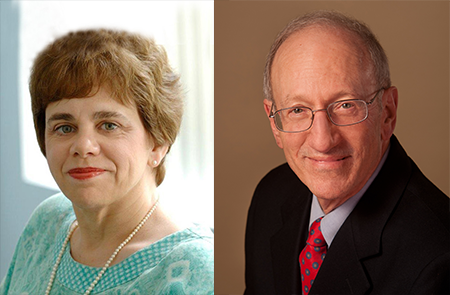 By M. Elizabeth Oates, MD, ABR Trustee, and Paul E. Wallner, DO, ABR Associate Executive Director for Radiation Oncology
By M. Elizabeth Oates, MD, ABR Trustee, and Paul E. Wallner, DO, ABR Associate Executive Director for Radiation Oncology
2021;14(5):4
Volunteers are the lifeblood of the ABR and represent an incredibly motivated and committed group of professionals in the Board’s specialty and subspecialty disciplines as well as radiation and cancer biology. All members of the Board’s senior leadership – the Board of Governors and Board of Trustees – are volunteers, as are all exam and Online Longitudinal Assessment (OLA) item writers and clinical case material submitters, oral examiners, self-assessment module reviewers, and advisory committee members. In recognition of the critical role these dedicated professionals play in carrying out the mission of the Board and to support their activities and recognize their efforts, ABR bylaws include a standing Volunteerism Committee.
The charge to the committee includes developing cross-disciplinary policies and procedures for recruitment, retention, terms, conflict of interest resolution, and recognition of service determination. For many years, a volunteer manual had been available online to interested individuals. The committee determined that the manual was cumbersome and did not provide an ideal user experience. We have created a new edition, renamed the Volunteer Handbook, that is shorter and has a general, cross-discipline section followed by individualized sections for each of the four primary certification disciplines (diagnostic radiology, interventional radiology/diagnostic radiology, medical physics, and radiation oncology). Available volunteer opportunities, qualifications for those opportunities, terms, and expectations are provided, as well as links to appropriate policies, the application for volunteer service, and the conflict of interest policy and disclosure form.
Click HERE to read more.

Take This Advice: Choose a Physician Who’s Board Certified
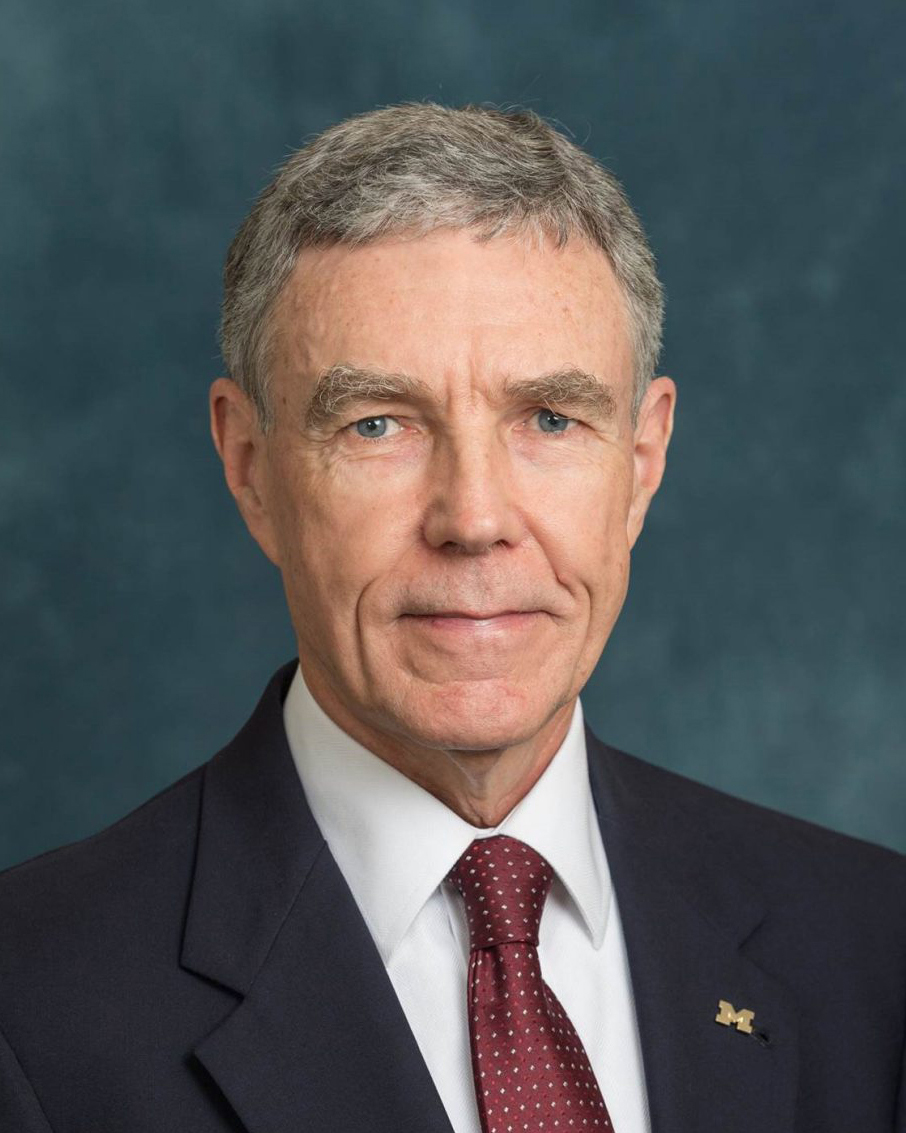 By N. Reed Dunnick, MD, ABR Associate Executive Director for Diagnostic Radiology
By N. Reed Dunnick, MD, ABR Associate Executive Director for Diagnostic Radiology
2021;14(5):5
In recent years, friends have often asked me how to find a good physician for their medical problems. I always tell them to start by asking for physicians who are board certified. Patients want to be cared for by well-trained, competent physicians. However, often they do not have access to the information needed to decide whether a physician is capable of managing their illness. Many begin the search by asking friends, who seldom have enough information to be helpful. Increasingly, patients are recognizing that physicians must not only hold a medical license, but also must have completed residency training and become board certified.
The American Board of Radiology (ABR) was founded in 1934 to provide exams and certify physicians who sought recognition as radiologists. The sponsoring societies were the American Medical Association Section on Radiology, the American College of Radiology, the American Roentgen Ray Society, and the Radiological Society of North America, indicating strong support for the certification of radiologists. As the field expanded, new sponsors included the American Association of Physicists in Medicine, the American Society for Radiation Oncology, the Association of University Radiologists, and the Society for Interventional Radiology. Certification by the ABR indicated that the diplomate had demonstrated the requisite knowledge, skill, and understanding of their discipline to the benefit of their patients. The American Board of Medical Specialties was founded in 1933 and the ABR is one of its 24 Member Boards. These specialty boards were established to define the boundaries and content areas of each specialty.
Click HERE to read more.

August Administration Completes Busy Year for IC Exams
By Matthew B. Podgorsak, PhD; Kalpana M. Kanal, PhD; Robert A. Pooley, PhD, ABR Trustees; J. Anthony Seibert, ABR Governor; and Geoffrey S. Ibbott, PhD, ABR Associate Executive Director for Medical Physics
2021;14(5):6
The final certification step for ABR-eligible candidates for medical physics is the oral exam, also known as the Part 3 exam. This year, there have been three oral exam events: the Pilot Exam in March; the first full oral exam in May, which was specifically for the candidates who were unable to take the exam in 2020 due to pandemic shutdowns; and the third exam event was completed in August for candidates scheduled for the 2021 exam (which would have otherwise been given in May). These exams have been delivered remotely, with software developed by the ABR in conjunction with commercial software using the Cisco Webex platform. Each event was successful and provided important feedback for improving the process for future remote exams.
The most recent remote oral exam occurred August 14 through 17 for 244 candidates in therapy medical physics, 52 candidates in diagnostic medical physics, and three candidates in nuclear medical physics. In the previous two exam administrations, a primary and secondary examiner were assigned to each interaction for a given candidate, along with an ABR-assigned personal “navigator” who helped the candidate through the check-in process and exam period. These navigators also helped the examiners throughout the exam. The secondary examiner was put in place to provide a seamless transfer with minimal downtime during an exam should issues arise with connectivity problems for an assigned primary examiner.
Click HERE to read more.

Testing, Pilots Set the Stage for Remote Exam Success in 2021
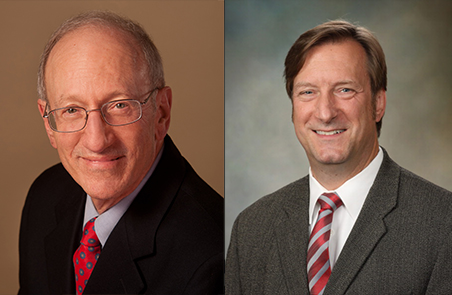 By Paul E. Wallner, DO, ABR Associate Executive Director for Radiation Oncology, and Brian J. Davis, MD, PhD, ABR Trustee
By Paul E. Wallner, DO, ABR Associate Executive Director for Radiation Oncology, and Brian J. Davis, MD, PhD, ABR Trustee
2021;14(5):7
On March 11, 2020, the World Health Organization (WHO) declared that the SARS-CoV-2 (coronavirus disease 2019) outbreak, subsequently called COVID-19, had reached global pandemic status. Within several weeks, ABR staff and senior volunteers recognized that exam administrations planned for the spring and summer of 2020 would require postponement. As the pandemic rapidly spread across the United States, it became apparent that planning for remote administration of all ABR computer-based qualifying and oral certifying exams would be necessary if residents and candidates scheduled to take exams in 2020 were to remain on track with their certification cycles. In 2013, the ABR had converted the Diagnostic Radiology Certifying Exam to a computer-based platform, so adaptation of the various discipline’s qualifying exams to remote delivery engendered fewer significant obstacles. Here, we describe development of the Radiation Oncology Remote Oral Certifying Exam. Development of the remote oral certifying exams for interventional radiology/diagnostic radiology and medical physics followed generally similar pathways.
Conversion of the RO Oral Certifying Exam to a remote platform presented more daunting challenges than converting the computer-based exams did. With a goal of assuring the best possible exam experience for candidates and examiners, the focal point of development resided with the ABR’s Information Technology (IT) group. Under their general supervision, work groups with specific assigned tasks operated independently, with almost daily coordination. These individual tasks included: development of the primary exam delivery platform and hardware specifications; work with external consultants on exam security and user interface issues; creation of a scoring instrument consistent with longstanding practice; logistics of session timing, breaks, and time zone management; management of category and panel meetings; and training of staff, examiners, and candidates. Throughout the process, the ABR shared ideas and lessons learned with colleagues in other American Board of Medical Specialties (ABMS) Member Boards.
Click HERE to read more.

From First Glance, He Knew He Loved Radiology
By Deven Champaneri
2021;14(5):8
It was January 2020, and I was about to start my general surgery rotation. At this point I wanted to pursue urology and couldn’t wait to get into surgery. However, in the middle of the rotation, everything changed.
My preceptor said, “Deven, can you go to radiology and ask them about a few patients?” I remember walking into the reading room for the first time. Dim lights, bright screens, physicians collaborating, and so many pathologies. It was magical. I found the radiologist, and I was amazed by the breadth of knowledge that the physician had. He described pathology, physiology, anatomy, surgical procedures, patient management, and so much more. I remember leaving the reading room thinking, “I just found the perfect specialty for me.”
After that experience, I tried to expose myself to everything radiology. The more time I spent learning about radiology, having conversations with radiologists, and talking to practitioners who work alongside radiologists, the more I fell in love with the field. The fact that it is so intertwined with other medical specialties drew me in even further. I realized the critical role that imaging plays in a patient’s well-being.
Click HERE to read more.
Original Member of MP Advisory Committee Still Happy to Lend a Hand
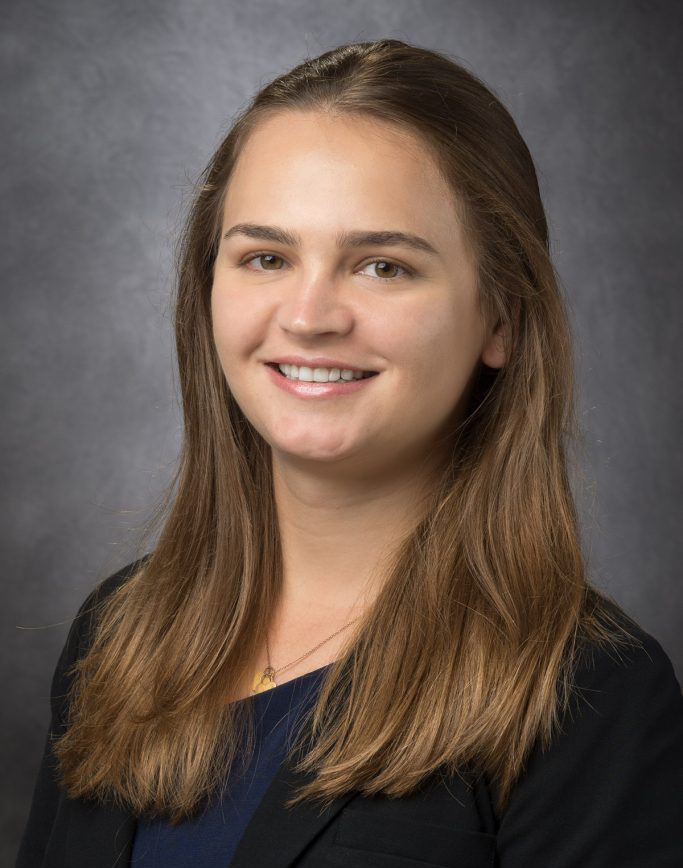
By Rodney Campbell, ABR Communications Manager
2021;14(5):9
An original member of the ABR’s Medical Physics Initial Certification Advisory Committee, Samantha Simiele, PhD, jumped at the chance to contribute when invited to become part of the group in 2016.
“Joining the team allowed me to contribute to a process so integral to the medical physics profession and at such an early stage in my career,” said Dr. Simiele, who was asked to be part of the committee after the ABR reached out to the Society of Directors of Academic Medical Physics Programs, among other groups, for member suggestions.
“I couldn’t pass up the chance to sit in the same room with members of the ABR Board of Trustees and relay both my own experiences with the ABR exam process as well as the experiences of my colleagues,” she said.
Dr. Simiele is an assistant professor at the University of Texas MD Anderson Cancer Center, where she contributes to genitourinary, gynecological, and brachytherapy clinical services. She enjoys being part of a committee that seeks to enhance communication with exam candidates and leaders of graduate programs, residency programs, and societies.
Click HERE to read more.
Lifetime Certificate Holder Uses Continuing Certification to Stay on Top of His Game
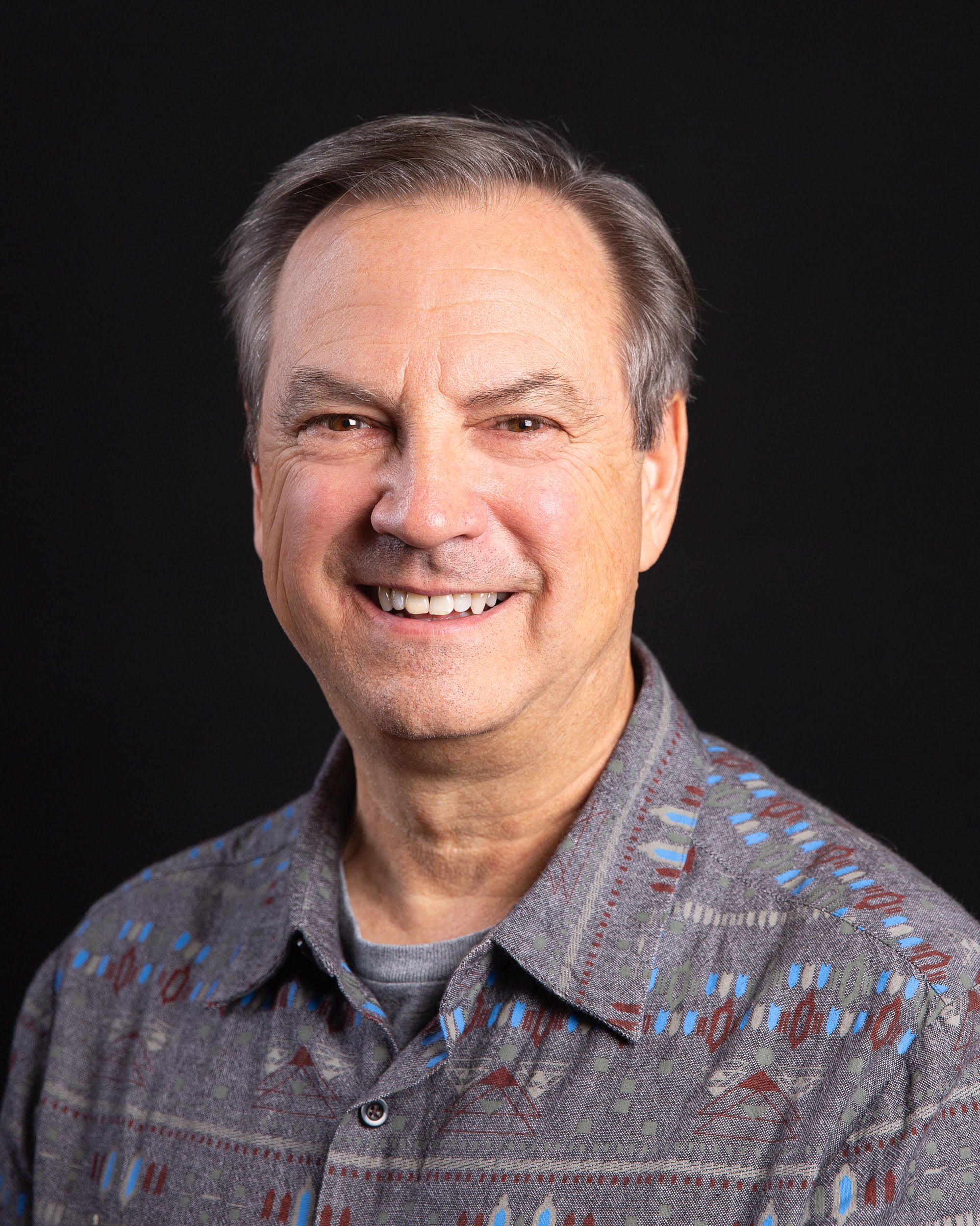 By Rodney Campbell, ABR Communications Manager
By Rodney Campbell, ABR Communications Manager
2021;14(5):10
Mike Ulissey, MD, earned certification in diagnostic radiology from the ABR in 1998. As a lifetime certificate holder, he doesn’t have to participate in Continuing Certification. He has many reasons why he does anyway.
“I don’t think that you can say, ‘I’m 20 years into practice, and I’m just as good today as I was fresh out of training, and I don’t have to prove it to anybody,’ ‘’ Dr. Ulissey said. “I think that you do need some kind of semi-objective way to not only measure your progress, but also give you a little more impetus to stay on top of your game. Otherwise, I think there’s a tendency to slowly gravitate to a lower common denominator. It’s an insidious process.”
Dr. Ulissey is a breast radiologist at the Centers for Diagnostic Imaging near Seattle. He also has a research and teaching appointment as an adjunct professor of Radiology at the University of Texas Health Sciences Center, and was formerly the director of breast imaging at the University of Texas Southwestern Medical Center and Parkland Memorial Hospital in Dallas.
Click HERE to read more.

ABR YouTube Channel a Great Way to View the News
2021;14(5):11
Looking for another way to keep up with important information from the ABR? Then please subscribe to our YouTube channel.
The channel includes videos covering many subjects, including a candidate’s thoughts on taking the remote Core Exam, the important roles ABR volunteers play, and the value of rating and commenting on Online Longitudinal Assessment (OLA) questions. Videos are added on a regular basis so there’s often something new to see.
If you have specific questions about Initial Certification or Continuous Certification, please contact us at information@theabr.org or (520) 790-2900.

September 20 Blog
Dr. Chan’s Six Ways for Physicians to Grow Their Social Media Audiences
September 14 Blog
Twitter Takeover Provides Opportunity to Share Student Perspective
September 8 Blog
Most OLA Participants Have Reached Annual Progress Requirement for 2021
September 1 Blog
Surprisingly Hit with COVID, She’s Happy to Be Vaccinated
August 24 Blog
Rotation Confirms that Radiology Is Her Future
August 17 Blog
Misunderstood to Ms. Understood: Hopes and Goals of a Woman in Medicine


